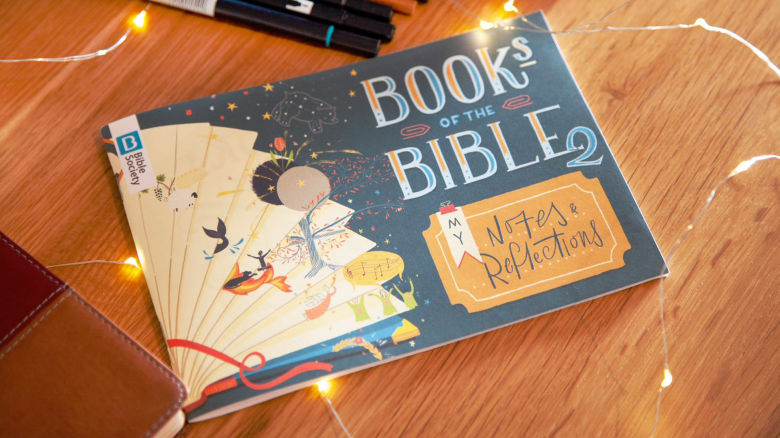The book of Job famously asks why bad things happen to good people and, perhaps even more importantly, how a good person ought to respond. The opening chapters suggest that Job’s suffering took place as an experiment conducted by God and Satan to see what would happen when everything Job had was taken away. The long intervening chapters take the form of a conversation between Job and his three friends about what has happened. The exchange ends with God appearing to Job in a whirlwind. The story concludes with an account of Job’s good fortune being restored to him.
21 He said, 'Naked I came from my mother's womb, and naked shall I return there; the Lord gave, and the Lord has taken away; blessed be the name of the Lord.' (Job 1.21)
25 For I know that my Redeemer lives, and that at the last he will stand upon the earth; 26 and after my skin has been thus destroyed, then in my flesh I shall see God. (Job 19.25–26)
1 Then the Lord answered Job out of the whirlwind: 2 'Who is this that darkens counsel by words without knowledge? 3 Gird up your loins like a man, I will question you, and you shall declare to me.' (Job 38.1–3)
5 I had heard of you by the hearing of the ear, but now my eye sees you; 6 therefore I despise myself, and repent in dust and ashes. (Job 42.5–6)
Job raises for us the trickiest question of all – why do good people suffer?
Jewish rabbis believed Moses had written Job. Few people today would associate the book of Job with Moses, but there is no other suggested author.
Many scholars would suggest the book has several authors and that the prose narratives at the beginning (1–2) and end (42) comprise an ancient story that has been added to over time.
If the book was added to over time then the early story could be quite early, maybe around the 8th century BC, with the additions (e.g. the conversation with the friends, or God’s speech) coming after that from, perhaps, the 6th century BC or later.
The audience of this book (whenever it was written) were feeling what countless people have felt throughout history – bemused at why bad things seem to happen to good people.
Most people would say that Job is part of the Wisdom tradition, which contains books like Proverbs and Ecclesiastes and provides wise teachings and sayings by which we can live our lives. Job has these, but they are woven into a bigger and more complex whole. Indeed, it appears to be responding to a very particular question. By and large the wisdom tradition assumed that ‘good people’ would receive a just reward. Job seems to be probing this assumption with reflections of its own.
1–2 The opening story
3 Job’s lament
4–14 The first cycle of conversation, with a speech from each of Job’s friends. Job responds to each of these speeches
15–21 The second cycle of conversation, set up like the first
22–27 The third cycle of conversation, set up like the first
28 A wisdom poem
29–31 Job’s closing speech
32–37 A new, younger friend now speaks
38–41 God appears in a whirlwind and speaks with Job
42 Job’s good fortunes are returned
There will be lots of names you will not know; don’t worry if you can’t place them all. The key ones are given below.
Sheba.
Temanite, Shuhite, Naamathite, Buzite, Chaldeans
Burnt offering, glean, Sheol, threshing floor, wadi
There are numerous responses offered to Job’s suffering throughout the book, by Job himself, by his three friends, by Elihu at the end and by God. Look out for these responses and reflect on which, if any, makes the most sense to you.
Job’s friends are often regarded as a walking, talking examples of how not to comfort someone in suffering. See if you think they say anything helpful at all.
Although the book is all about Job, it can feel as though it is hard to catch a glimpse of the ‘real Job’. See if you can get a sense of who you think he was as you read.
We all encounter suffering in our lives, whether it's our own or that of others. Use your reading of Job as an opportunity to reflect on what you might have said if you were Job and what you might have said if you were one of Job’s friends. What words would you use to respond to suffering?

Here are 8 handy tips to get your book club up and running.

Here are some ideas to get you started.

Unsure of the meaning of a word or phrase in the Bible? Check our glossary of terms.
Books of the Bible journal: 2nd Edition
Journey through the Bible, one book at a time, with the 2nd edition of our Books of the Bible journal.
